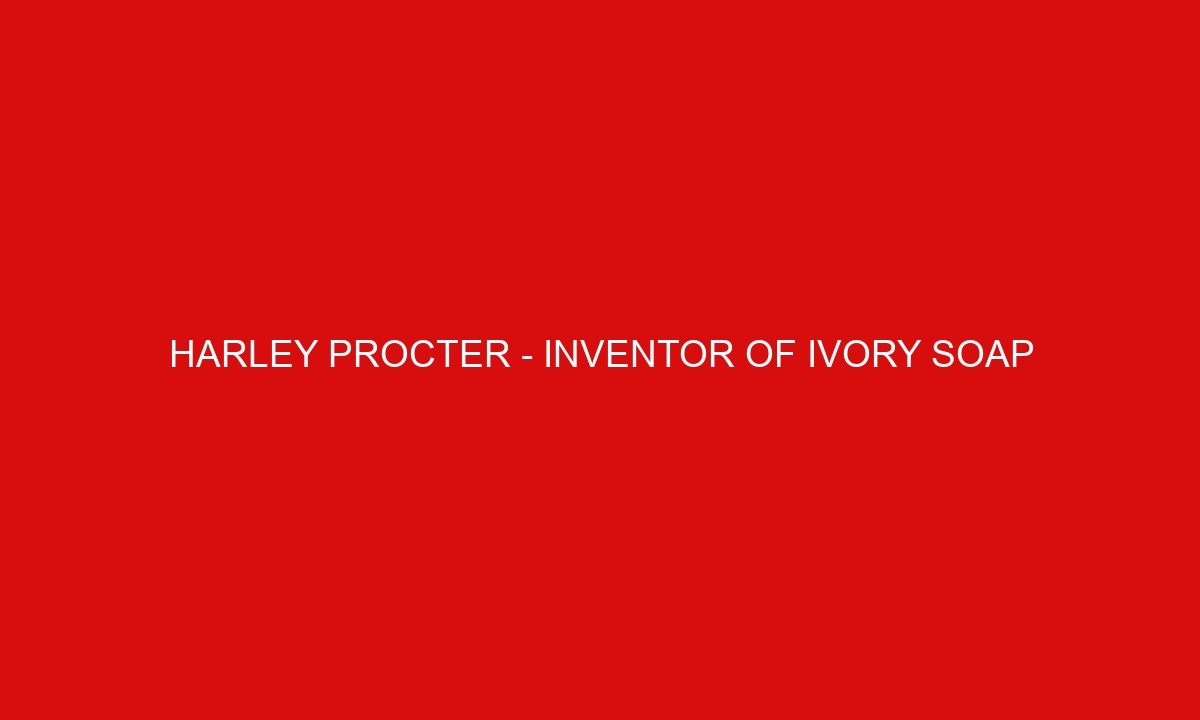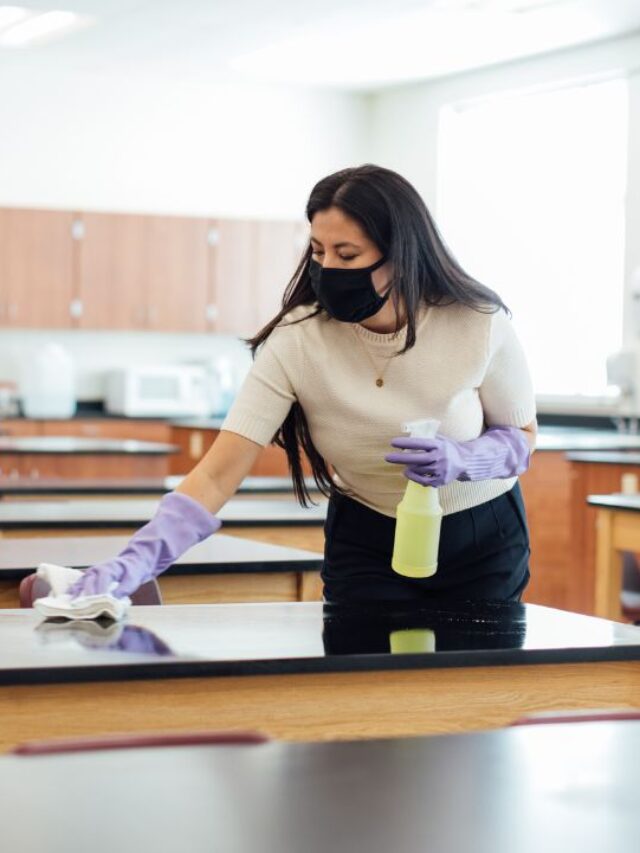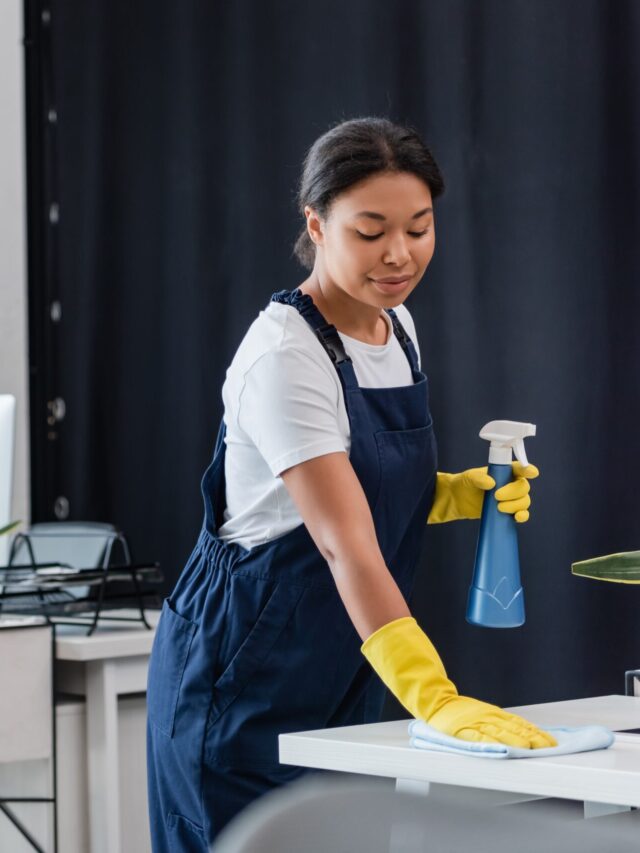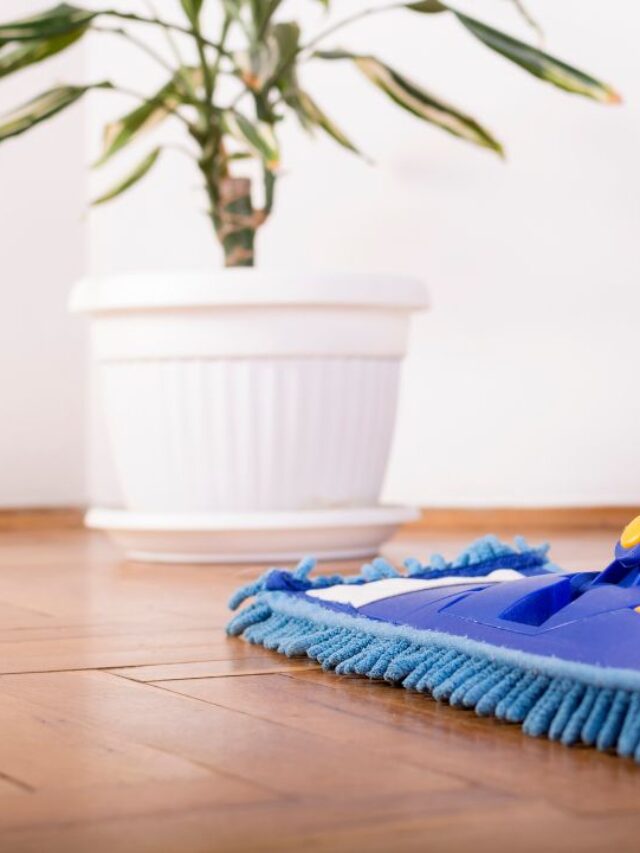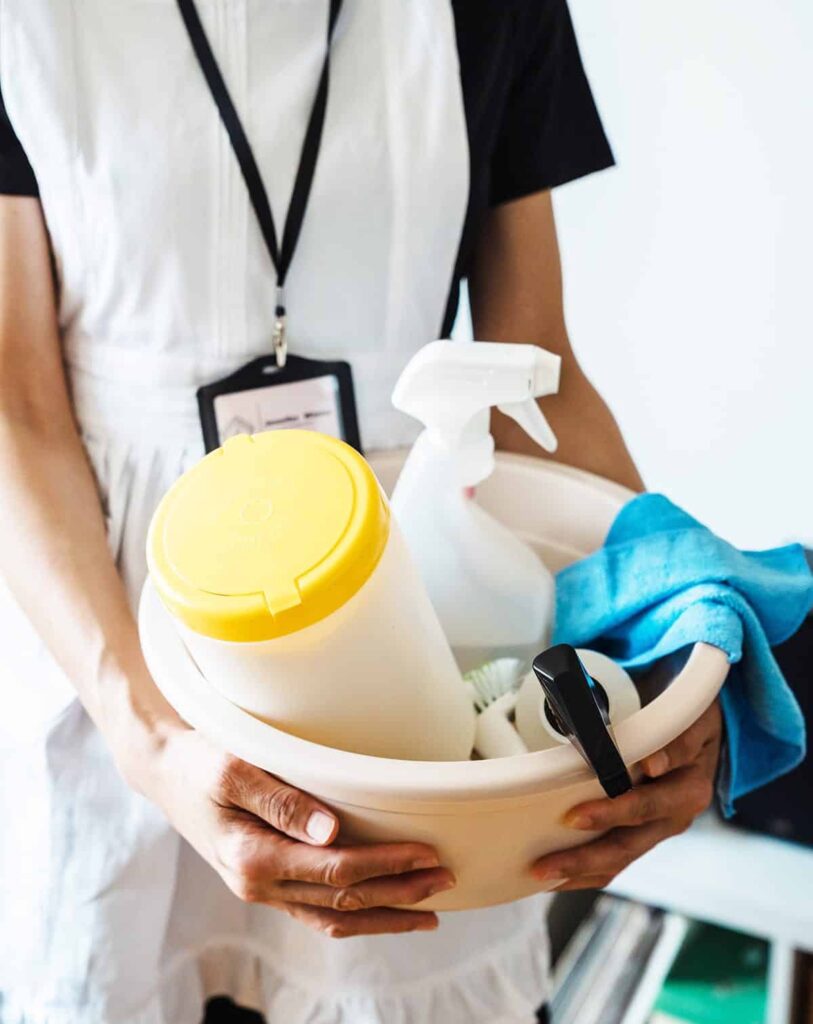Harley Procter – Inventor of Ivory Soap
Ivory soap, created in 1879, is arguably one of the most well-established bar soap brands still in existence today. It was named and marketed by an individual in Procter & Gamble Inc. who would later be recognized as one of the innovators of early advertising. The individual was Harley T. Procter, former Head of Sales at P&G; however, the story of Harley Procter and Ivory soap cannot begin without first knowing the story of his father, William Procter.
William Procter, an English immigrant, arrived in the United States in 1832 and settled in Cincinnati, Ohio with his wife Martha. He worked as a candle maker and after Martha fell ill and died, he threw himself even farther into his work, practicing and refining his trade. A few years later, he began dating Olivia Norris, through whom he met James Gamble, a soap maker who was dating Olivia’s sister. Once the two couples had married, Olivia’s father, Alexander Norris, encouraged the new brothers-in-law to form a partnership. The men began working together in 1837, and the Procter & Gamble Company was brought into existence. In the 1870s, William’s son, Harley Procter, became a senior partner at P&G.
In 1863, the chemist James Norris Gamble, son of James Gamble, developed an inexpensive white soap which, unlike their competitors, floated in water. The soap recipe was not only light and pure white in color, making it easy to locate in dirty water, but could be used for laundry as well. This was attractive to consumers who could now, for the price of 10 cents, get two products in one. The soap contained no dyes and very little fragrance. Harley Procter sent out samples of the soap to universities for chemical study, and out of the results, he coined the iconic “99 44/100% Pure” slogan. It was also Procter who noticed the words “out of ivory palaces” in his Bible as he attended church, and in 1879 christened the new soap “Ivory,” which seemed to perfectly convey the qualities of the white, smooth bar. Before Procter came up with the name, the soap was slated to be marketed as the less catchy “P&G White Soap.”
Keep Your Office Spotless with Our Free Office Cleaning Checklist!
Want to make sure you’re covering all the essential cleaning tasks? Our comprehensive guide covers all essential cleaning tasks, from daily tidying to deep cleaning tips. Make sure no spot is missed and create a healthier, more organized workspace today!
In the late 1800s, advertising was not without risk. Most advertisements were placed by untrustworthy companies with outrageous claims. It wasn’t until 1882 that Procter managed to wrangle $11,000 to advertise Ivory soap across the nation, but when he did, he unleashed an advertising campaign that would completely redefine the soap industry. Up until that point, soap was sold in large wheels or slabs to grocers, who would then chip wedges off for their customers. Ivory was revolutionary in that it came in a small, beautifully packaged rectangular bar. It was a product that could be gifted, and gave the illusion of extreme expense. Furthermore, customers were reassured by the scientific quality of “99 44/100% Pure”, and Procter’s inclusion of facts in marketing established an advertising trend that continues to this day.
“It Floats!” was another popular slogan for the Ivory brand, one which instantly distanced them from the competition. The first color advertisement for Ivory appeared in an 1896 issue of “Cosmopolitan”. In the 1920s, P&G launched a newspaper campaign that featured stories of a fictional family solving their problems with Ivory soap. To expand the appeal of Ivory to children as well as adults, P&G hosted a soap-carving contest in 1924, which is still a popular hobby today. After World War II, Ivory soap found yet another use: fake snow. By boiling and mixing the powdered soap, consumers could apply it to a tree and sprinkle the soap with glitter to finish the illusion of fresh snowfall. Ivory wasn’t pushed out of its tree-decorating role until the invention of aerosol fake snow in the 1960s.
The formula of Ivory soap has changed throughout the years, most noticeably to include glycerin for additional moisture, but true to its original marketing, the bars still float. The brand continues to remain a soap titan, while P&G remains well-known for their unconventional and successful marketing tactics. The most recent example is the viral Old Spice online video campaign, which utilizes humor and social media to appeal to a younger generation. Without the foresight of Harley Procter, who urged P&G forward into a new, gutsy world of advertising, Ivory soap might have never reached farther than Cincinnati.
For more information on Harley Procter and Ivory soap, please feel free to peruse the following resources.
- P&G: A Humble Beginning (PDF)
- Harley Procter: Advertising Hall of Fame
- This is the Way It Goes: An Ivory Advertisement
- Ivory Soap Comes Clean on Floating
- Vintage Ads Featured Ivory, Soap That Floats
- Ivory Soap Follows the Flag Advertisement
- Introduction to Soaps
Contact Us
Get a quote
Your satisfaction is our priority, and we’re here to assist. Reach out to Busy Bee effortlessly by contacting us. Whether you have questions, need a custom quote, or want to discuss your cleaning requirements, our friendly team is ready to respond promptly. Connecting with us is the first step towards a cleaner and more comfortable environment for your home or business.
Call us for a quote today!
Contact Us
Get a quote
Your satisfaction is our priority, and we’re here to assist. Reach out to Busy Bee effortlessly by contacting us. Whether you have questions, need a custom quote, or want to discuss your cleaning requirements, our friendly team is ready to respond promptly. Connecting with us is the first step towards a cleaner and more comfortable environment for your home or business.

